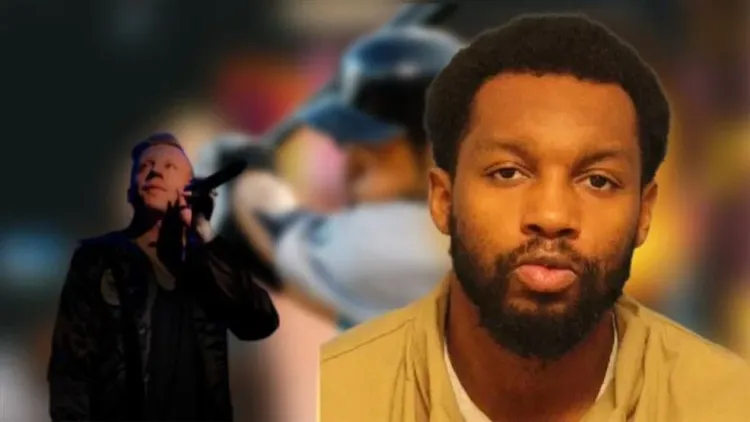The 3-Month Crime Wave That Terrorized Seattle’s Sports Elite: Inside the $700,000 Athlete Burglary Ring
Between February and May 2025, Seattle’s most prominent athletes became the targets of a sophisticated burglary spree that exposed alarming gaps in home security and criminal justice enforcement. The organized crime ring, operating across the city’s affluent suburbs, stole over $700,000 in luxury items—from Rolex watches and designer bags to fine jewelry—while showing little concern for whether the victims were home. Several incidents escalated into violent confrontations, leaving families shaken and sparking fierce debate about public safety and leniency toward repeat offenders in Washington State.
A Calculated Crime Spree Across Seattle’s Suburbs
The coordinated burglaries began on February 7, 2025, when masked intruders broke into the Issaquah home of Mariners pitcher Luis Castillo, escaping with high-end Louis Vuitton totes. Just two days later, they struck again—this time targeting retired Mariners legend Ichiro Suzuki, whose wife Yumiko heroically confronted a pepper-spray-wielding burglar who attempted to break into their bedroom.
As weeks passed, the thieves grew bolder. On March 24, Dodgers pitcher Blake Snell’s house was ransacked while he was away, followed days later by another hit at Castillo’s home and an attempted break-in at Mariners Hall of Famer Edgar Martinez’s residence. The spree reached a terrifying peak on March 29, when three masked men stormed former Seahawks star Richard Sherman’s home, holding his wife, children, and relatives at gunpoint before escaping with watches valued at over $100,000.
The final—and most high-profile—burglary occurred on May 1, when suspects broke into the Mercer Island home of Mariners center fielder Julio Rodríguez and OL Reign forward Jordyn Huitema, using a signal jammer to disable alarms. Huitema hid in a bathroom while whispering to 911 operators as the thieves stole nearly $200,000 in luxury goods.
Arrests, Suspects, and Criminal Backgrounds
After months of multi-agency investigation, authorities identified Patrick Maisonet (29) and Earl Riley IV (21) as the main suspects. Both had extensive criminal histories. Maisonet, a career felon, had prior convictions for robbery, kidnapping, and firearms violations, and was linked to a 2016 I-5 shooting and carjacking. Riley, once described as “bright but troubled,” had a juvenile rape plea and was connected to 2023 armed robberies.
Police linked the pair to multiple break-ins through cell phone data, surveillance footage, and stolen goods recovered from raids. Both men pleaded not guilty—Maisonet to ten felony charges and Riley to multiple counts of burglary and robbery—with trials pending in late 2025.
Celebrity Victims and Public Outrage
The burglary ring’s victims—among them Ichiro Suzuki, Richard Sherman, Blake Snell, Luis Castillo, and Julio Rodríguez—represented some of Seattle’s biggest names in professional sports. The attacks left not only financial loss but also lasting psychological trauma. “They sleep with one eye open now,” said Detective Brian Jordan, who led the case.
Social media platforms, including X (formerly Twitter), erupted with anger over what many saw as a symptom of lenient criminal justice policies. Critics argued that repeat offenders like Maisonet and Riley should have faced stricter sentencing long before this spree unfolded.
Broader Implications: Fame, Vulnerability, and Safety
The Seattle athlete burglaries underscore a troubling national trend of celebrity-targeted home invasions, from Los Angeles to Miami. In each case, fame and visibility made public figures easy marks for criminals tracking them online and during live events.
As Seattle’s sports stars tighten security—installing surveillance systems, hiring guards, and even relocating—local officials face growing pressure to confront the rising threat of organized burglary crews and to revisit policies on parole and pretrial release.
With trials set for 2025, the city’s athletes and fans alike await justice—and hope that this chilling three-month rampage marks the end of Seattle’s most audacious crime wave in recent memory.
